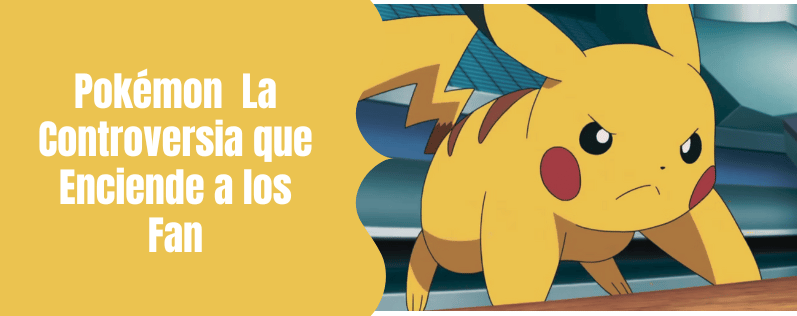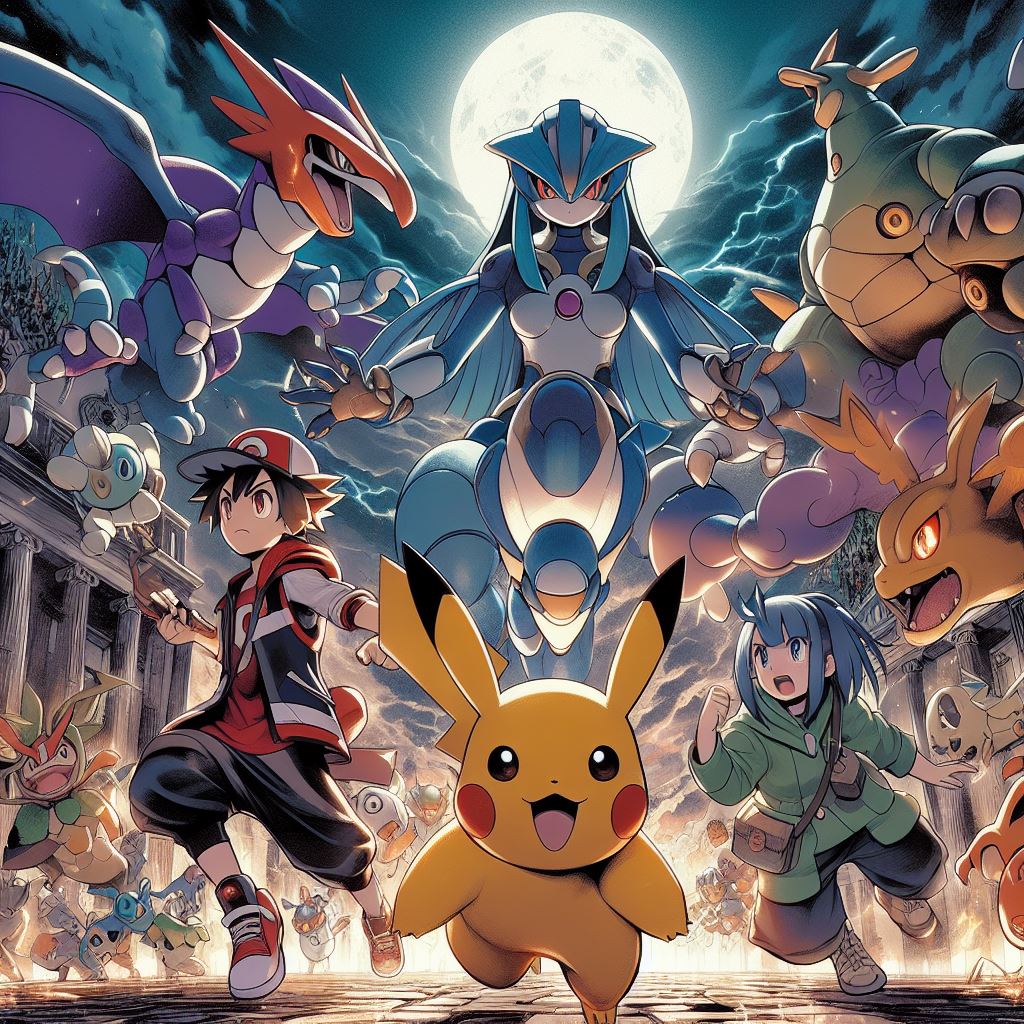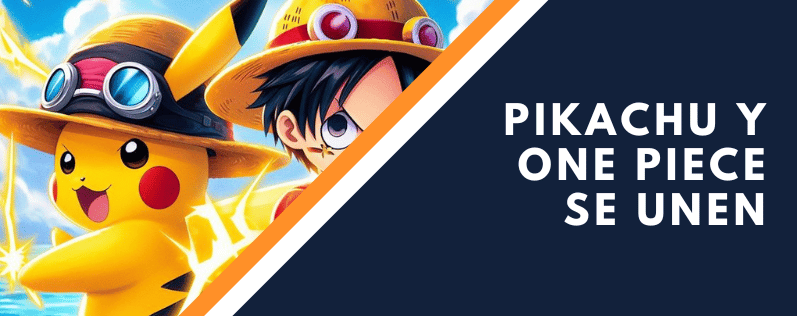Pokémon in Anime: The Controversy that Ignites Fans

Pokémon in Anime: The Controversy Igniting Fans Over the Evolution of Their Favorite Creatures
The Pokémon universe has been a pop culture mainstay since its debut in the 1990s, capturing the imagination of generations of children and adults alike. However, one of the most controversial decisions in the anime is the lack of evolution for some of the most beloved Pokémon, such as Pikachu, Bulbasaur and Squirtle. While in the video games evolution is a fundamental aspect to improve the Pokémon's stats and abilities, in the anime the story is very different, which has caused a great division among fans.
Fan Frustration: Why Don't Pokémon Evolve?
For many fans, especially those who grew up with the series, the evolution of a Pokémon is a pivotal moment in its development. Watching a Charmander turn into Charizard or an Eevee evolve into one of its many forms is something that adds excitement and depth to the series. However, in the anime, some key Pokémon refuse to evolve, which has generated a wave of criticism from viewers.
The root of this frustration lies in the expectation that evolution should be a natural process for all Pokémon, similar to what happens in video games. Fans have expressed their disappointment on various platforms, pointing out that the lack of evolution of Pokémon such as Pikachu or Bulbasaur seems more a convenient decision to maintain the recognition and popularity of these characters, rather than following a coherent logic within the Pokémon universe.
The Arguments Behind Non-Evolution
Although many fans see non-evolution as a disadvantage, the creators of the anime have presented specific reasons for this decision. A clear example is Pikachu, the series' most iconic Pokémon, who has refused to evolve into Raichu on several occasions. This decision is linked to Pikachu's desire to stay true to himself and his identity, avoiding changes that could affect his personality and his relationship with Ash.
On the other hand, Bulbasaur and Squirtle, two of Ash's most beloved initial Pokémon, also decided not to evolve. In key episodes of the anime, it is revealed that these Pokémon feared that by evolving, they would lose their essence and become different beings, as happened with Charmander when it transformed into Charizard, becoming rebellious and difficult to handle.
The Adult vs. Child Debate: Who Should Listen to Anime?
The controversy has also highlighted a generational clash among anime fans. Some argue that children, Pokémon's primary target audience, enjoy seeing their favorite creatures as they are, regardless of whether they evolve or not. In contrast, adults, who have followed the series since its inception, tend to look for an evolution in the characters that reflects growth and development over time.
This debate has led to a broader discussion about who the anime should cater to: should it cater to the expectations of its long-time fans or focus on new young viewers who are just becoming familiar with the world of Pokémon?
Frequently Asked Questions
- Why does Pikachu never evolves into Raichu in the anime?
- Pikachu has refused to evolve Raichu on several occasions to stay true to its identity and avoid losing its unique personality. In addition, his relationship with Ash is based on trust and equality, aspects that Pikachu fears could change if he were to evolve.
- Are there other Ash Pokémon that have also decided not to evolve?
- Yes, both Bulbasaur and Squirtle have decided not to evolve. In the series, it is shown that these Pokémon were afraid of losing their personality and becoming difficult to handle, as was the case with Charizard, who became rebellious after evolving.
- What do fans think about the non-evolution of Pokémon in the anime?
- Opinions are divided. While some adult fans see non-evolution as a convenient and disappointing decision, others, especially children, enjoy seeing their favorite Pokémon remain in their original form.
Personal Opinion
From my perspective, the decision not to evolve certain Pokémon in the anime has its charm, as it allows us to keep iconic characters like Pikachu as we know and love them. However, I understand the frustration of fans looking to see deeper and more dynamic development in the series. Perhaps a balance would be to allow some Pokémon to evolve while others remain in their original form, thus satisfying both old-school fans and new generations.
Conclusion
The controversy over the evolution of Pokémon in anime is a reflection of the depth and impact this franchise has had on its fans. While there may not be an answer that satisfies everyone, what is clear is that Pokémon remains a vital part of many people's childhoods and continues to evolve, even if its characters do not.
Explore more content on our blog! If you enjoyed this article, we invite you to continue exploring our blog to discover more about the world of Pokémon, cultural debates and in-depth analysis about your favorite series. Don't miss it!



Responses